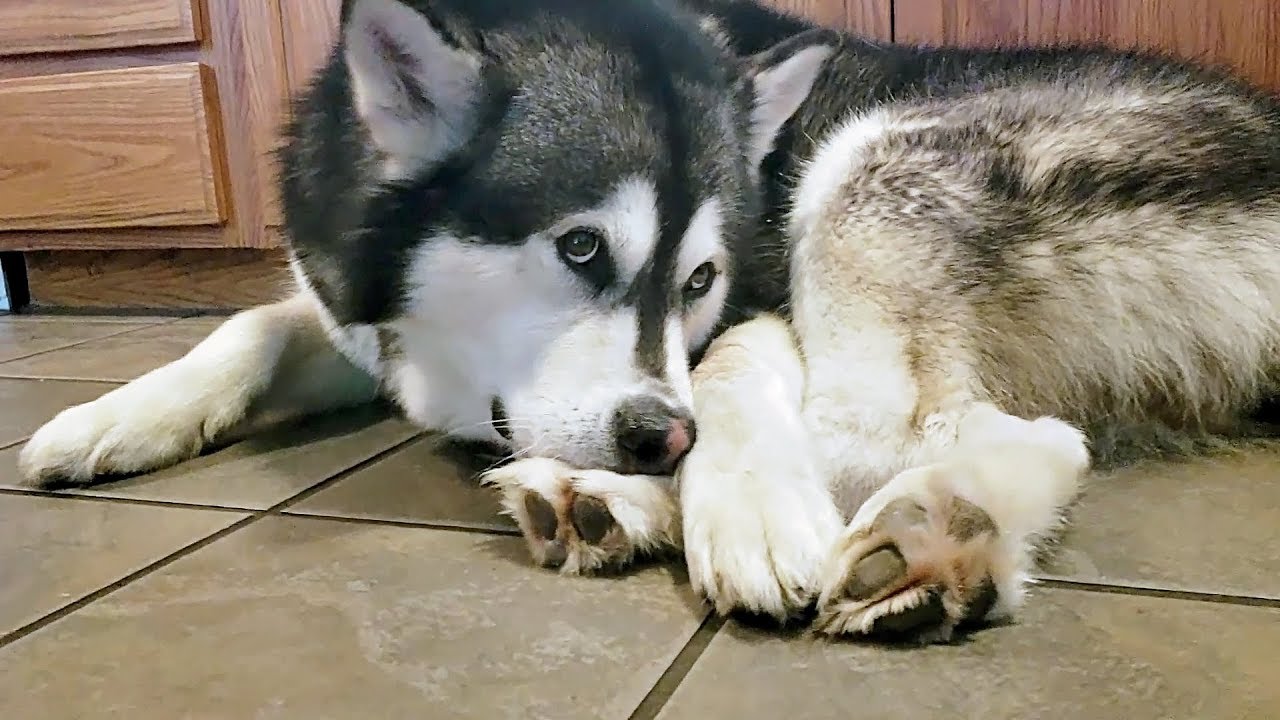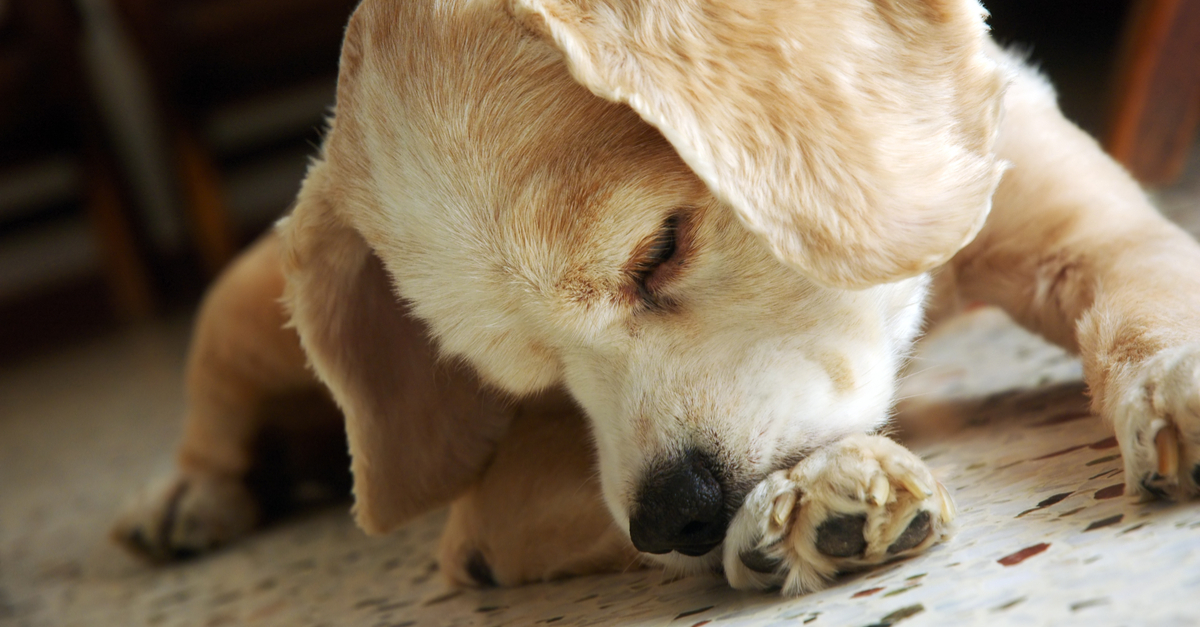Most dog owners are understandably disturbed when they catch their canine companion obsessively licking, chewing, or eating their own paws and toes. While humans may view foot chewing as peculiar behavior, the habit serves a purpose for dogs. This article delves into the primary causes behind dogs consuming their own feet and provides helpful remedies to stop the troubling habit.
Allergies Causing Itchy Feet
One of the most common triggers for dogs chewing their paws is underlying allergies leading to itchy, irritated feet. Ingredients in food, grooming products, and environment substances prompt allergic reactions in some dogs. The feet become inflamed, red and unbearably itchy, driving the dog to lick, bite and rub their paws constantly seeking relief.
Identifying and eliminating the allergy source is key to stopping the behavior. Prescription hypoallergenic diets, anti-itch medications, and removing allergens from the home environment all help reduce uncomfortable symptoms driving paw chewing.
Anxiety, Stress and Boredom
Like nail biting in humans, excessive paw licking and nibbling can signal emotional distress in dogs associated with:
- Being left alone frequently
- Major changes or disruptions in home life
- Introduction of new pets/people
- Lack of exercise and mental stimulation
Alleviating sources of stress through training, socialization, enrichment toys, and calming supplements curbs anxiety-related foot chewing. Prescription anti-anxiety medication may benefit highly distressed dogs under veterinary guidance.

Compulsive Obsessive Disorder
Repetitive paw licking escalating to self-mutilation may indicate obsessive compulsive disorder in some dogs. This psychogenic disorder causes rigid, ritualized behaviors unrelated to physical discomfort. Treatment involves medication, behavioral therapy, routine changes and stress reduction to help break the obsessive chewing cycle.
Infections Between Toes
Moist, warm conditions between dog toes are ideal breeding ground for yeast and bacteria. Infections manifest in irritated, itchy skin driving dogs to feverishly lick their feet. Topical antifungal and antibiotic medications prescribed by the vet clear up the infections. Keeping feet clean and dry prevents recurrence.
Bone Spurs or Fractures
Injuries to feet like bone fractures, spurs, and arthritis can cause persistent pain or irritation. Licking and chewing the sore paws provides comforting sensation for the dog. X-rays identify bone issues, and restrictions on activity allow proper healing.
Hot Spots and Pododermatitis
Allergic reactions, fleas, mites and moisture cause inflamed, infected “hot spots” between toes or footpads. The oozing sores and surrounding irritation compels dogs to aggressively bite and lick their feet. Vet treatment includes shaving, cleaning and bandaging wounds along with oral antibiotics and anti-itch drugs.
Nail Problems
Overgrown, cracked, split or otherwise damaged nails are magnets for bacteria and yeast to take hold. The infection prompts paw licking and chewing. Trimming nails regularly and using antiseptic soaks on cracked nails reduces infections. Vets can surgically remove problem nails if needed.
Preventing Foot Chewing
Once underlying issues are addressed, the following tactics can help discourage foot chewing:
- Bitter sprays deter licking
- Soft fabric booties prevent access
- Distraction with toys when chewing starts
- Reward ignoring feet with treats
- Cone collars inhibit reaching feet
- Anxiety relieving supplements
Conclusion
While dogs eating their own feet seems disturbing or disgusting to owners, it’s an instinctive attempt to soothe discomfort. Determining and resolving the root medical, emotional or situational cause is key to ending the habit. With diligence and patience, destructive paw chewing can be overcome, keeping your dog’s feet healthy and free of injury.


